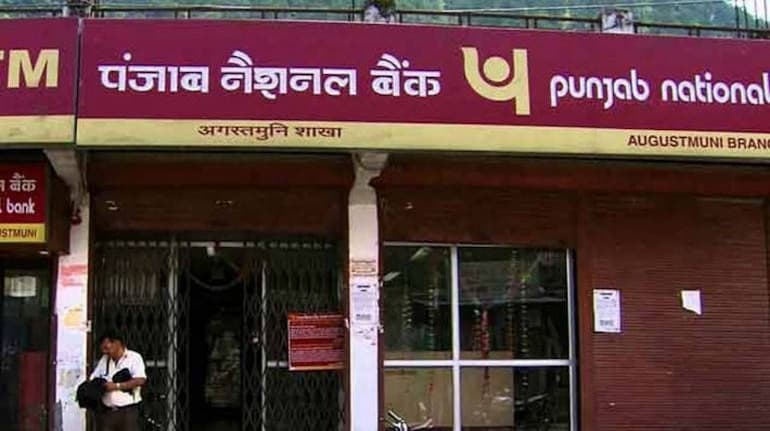



After Crisil, Moody's Investors Service has placed Punjab National Bank under review for downgrade. The agency has a Baa3/P-3 rating on PNB now while it has a Baa3 rating on its foreign currency issuer rating. The bank overall has a Baa2 rating with a stable outlook now from Moody's.
“PNB will need to provide for at least a substantial portion of the exposure. As a result, the bank's profitability will likely come under pressure, although the actual impact will depend on the timing and quantum of provisions that need to be made, as well as any prospects for recovery,” Moody's said in a statement.
On Sunday, Crisil Ratings had put PNB’s viability rating of 'BB' on rating on a “negative watch”. PNB’s various debt instruments are on “AAA” and “AA” at present.
Moody's has also placed the Delhi-based lender's Baseline Credit Assessment (BCA) and adjusted BCA of Ba3 and the Counterparty Risk Assessment (CRA) of Baa3(cr)/P-3(cr) under review for downgrade.
“The review for downgrade will focus on: (1) the timing and quantum of the financial impact of the fraudulent transactions, (2) any management actions taken to improve the capitalization profile of the bank, and (3) any punitive actions taken by the regulator on the bank,” Moody’s said.
Read latest updates on the PNB saga here.
Moody's assumes a very high probability of government support for PNB in times of need, resulting in a three-notch uplift to its deposit and issuer ratings from its BCA. In the review for downgrade, Moody's will also assess government support for the bank's deposits and senior unsecured debt, it added.
Last week on February 14, PNB announced to the Indian stock exchange BSE that the bank had discovered some fraudulent and unauthorized transactions amounting to Rs 11,390 crore (USD 1.8 billion), considered to be one of India's biggest banking scam.
Diamond billionaire Nirav Modi and others have been accused of colluding with two of PNB's employees of fraudulently obtaining Letters of Undertakings (LoUs) to seek credit from foreign branches of other banks to make payments to his overseas business suppliers.
Ratings Rationale
Moody’s has said that the “likely financial impact of the fraduluent transactions is the key driver for the review for downgrade”.
It added, “The primary driver for today's rating action is the risk of weakening of the bank's standalone credit profile, as a result of the discovery of a number of fraudulent transactions.”
According to Moody’s, “The fraudulent transactions represent about 230 basis points of the bank's risk-weighted assets as of December 31, 2017. As such, PNB's capital position would deteriorate markedly, and fall below minimum regulatory requirements, if the bank is required to provide for the entire exposure.
“Consequently, PNB may need to raise capital externally — mainly from the government — to comply with the minimum Basel III capital requirement of an 8 percent common equity tier 1 (CET1) ratio by March 31, 2019.”
The bank reported a CET1 ratio of 8.05 percent in the quarter ended December 31, 2017. The government-owned bank reported total assets of Rs 7.7 lakh crore at the end of the same period.
Since the announcement of the fraudulent exposure, PNB's share price has fallen by about 30 percent as of the end of February 19, 2018, limiting the bank's access to the equity capital markets.
The discovery of the fraudulent transactions also highlights the weak operational controls and corporate governance at the bank. The fraudulent letters of undertaking for raising buyers’ credit had been transmitted via the SWIFT channels without obtaining the approval of the competent authority or necessary legal documentation, and were not entered into the bank's core banking system.
What could change the rating up:
Given the review for downgrade, Moody's will unlikely upgrade PNB's ratings over the next 12-18 months.
Nevertheless, Moody's could affirm the ratings, if the financial impact of the fraudulent transactions is much smaller than what Moody's anticipates in this rating action, and/or if the bank manages to strengthen its capital position to a level above the minimum regulatory requirements — including the capital conservation buffer — under Basel III standards, and/or the bank returns to profitability on a sustainable basis.
Discover the latest Business News, Sensex, and Nifty updates. Obtain Personal Finance insights, tax queries, and expert opinions on Moneycontrol or download the Moneycontrol App to stay updated!
Find the best of Al News in one place, specially curated for you every weekend.
Stay on top of the latest tech trends and biggest startup news.